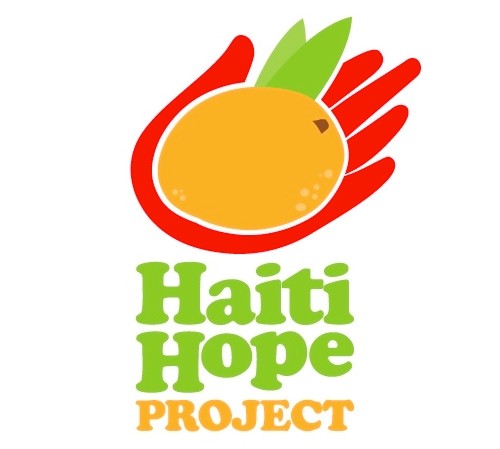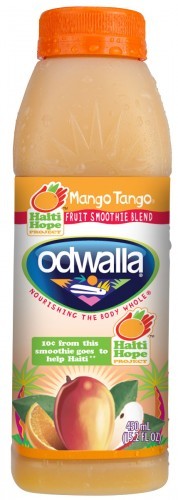
THE HAITI HOPE PROJECT
The Haiti Hope Project creates opportunities for Haitian mango farmers and their families. With a focus on empowering both men and women in the mango industry value chain, the aim of the Project is to double the incomes of more than 25,000 Haitian farmers over five years through training and access to financial services. Haiti Hope is a US$9.5 million partnership between business, multilateral development institutions and civil society partners.

Agricultural Challenges:
More than sixty percent of Haitians earn a living from farming, but many have lost 30-40 percent of their post-harvest product due to poor harvesting techniques, infrastructure. They often struggle to get the fruit from the tree to the market quickly and poorly packaged products can bruise or spoil before they sell.
The Haiti Hope Project supports farmer groups, helps them build commercial skills and promotes access to financial services.
Product Partnerships:
Within weeks of last year’s earthquake, Odwalla launched Haiti Hope Mango Lime-Aid. In 2011, The Coca-Cola Company renewed its commitment by launching Odwalla Haiti Hope Mango Tango. Ten cents from the purchase of every bottle will be donated to the Project, up to US$500,000 per year.
Bolstering the mango industry in Haiti is a crucial part to giving Haitian farmers long-term economic stability. As U.S. Ambassador to Haiti Kenneth Merten said, “Empowering the people of Haiti and embracing their entrepreneurial spirit, while working in alignment with the Government of Haiti’s priorities, will be critical in helping Haiti build back better.”







Comment
Make a general inquiry or suggest an improvement.